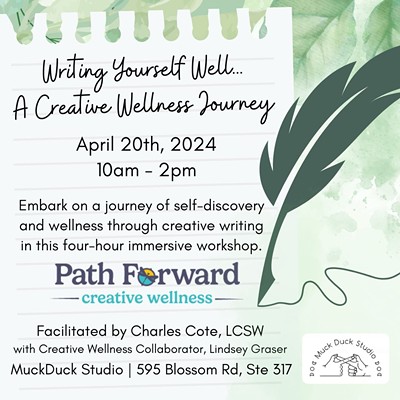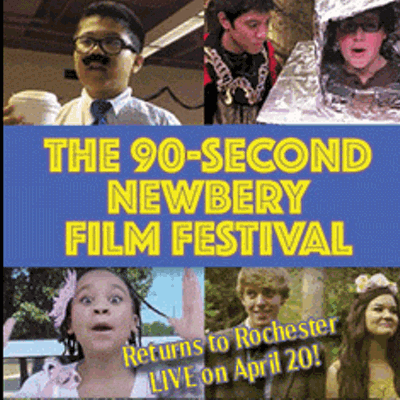[
{
"name": "500x250 Ad",
"insertPoint": "5",
"component": "15667920",
"parentWrapperClass": "",
"requiredCountToDisplay": "1"
}
]
With his stocky build and all-around good looks, Rob (last name withheld) could be the college kid next door. It's easy to picture him passing a football, cramming for an exam in the library, or delivering pizza for some extra money.
And those might have been snippets from Rob's life if it hadn't been interrupted by alcohol and drugs. But at 24, Rob's a recovering addict. After spending several days in detox, he sought treatment in July 2011 at Unity Chemical Dependency outpatient clinic. Though the numbers vary, government data shows that between 17 million and 30 million Americans are alcoholics and more than 20 million regularly use illegal drugs.
While addiction can take many forms — alcohol, drugs, tobacco, food, gambling — it is generally defined as a compulsive behavior where the drug of choice has become the controlling factor in a person's life. If untreated, the disease can progress to problems ranging from health issues to incarceration.
With some diseases, patients are passive recipients of treatment. But that's not the case with alcoholism and drug addiction. Battling addiction often involves making a daily commitment to change, something the addict's body and mind may vigorously challenge. Successful recovery is almost always hard won.
Counselors often say addiction doesn't discriminate, and Rob is a good example. One of five boys, he grew up in a middle-class family in a small town west of Rochester. His childhood was as normal as could be, he says.
"No one introduced me to drugs," he says. "It was just happenstance. I was hanging out with my friends and it was my own curiosity."
Rob was 17 and still in high school when he started drinking alcohol and smoking marijuana. By the time he began attending Monroe Community College, his drinking had increased and he was using acid and cocaine.
"In my social group there were a lot of people smoking pot and drinking," he says. "At first it was a lot of drinking, and [then] moving into hallucinogens, acid, and that. From there, I got into cocaine. I was keeping up with that for about a year or more. It was a lot of weekend binging, and sometimes it was on weekdays."
It wasn't long before Rob began abusing prescription drugs — something Unity's addiction therapists say they are seeing more of among younger addicts.
"I started off with Vicodin and Percocet, the lower-end painkillers," Rob says. "Then I got into OxyContin, and that was when I started to do it every day."
Two years ago, Rob began shooting heroin.
Rob's drug use began to impact his education. He was constantly switching his major: he started off in biotech, switched to mechanical engineering, and then to electrical engineering. For a while he pursued a career as a social worker.
Rob also managed to pass a couple of calculus courses, but he eventually dropped out of MCC to work full time at a variety of jobs. His paychecks went to buying drugs, he says.
Addicts often become highly skilled at deception, some experts say. Rob says his parents and family members didn't know about his addiction because he only revealed his problem in small pieces, never fully telling them the truth.
"I kind of did it to throw them off my tracks," he says. "I would say I was addicted to coke when I was really addicted to pills. I was addicted to pills when I was really doing heroin. I would kind of give them the lesser and say, 'Well, I'm not doing that anymore.' And it would be the thing that wouldn't be obvious to find. I'm not doing coke, so you're not going to find straws and coke baggies in my room."
But two events accelerated Rob's downward slide: an arrest for shoplifting and, even worse, a heroin overdose.
"It was basically a normal drug-getting day," he says. "We went into the city and copped some dope and we started to shoot up. My friend asked me how it was and I said it was good. Then everything went black and I kind of woke up, and a paramedic was leaning over me."
Addiction is a lonely disease, Rob says, like living in "a chaotic black hole."
You know you're in trouble when even other addicts can't stand to be around you, he says.
The hardest part about recovery is getting started, Rob says. He says it's like driving a stick-shift and never getting out of first gear.
But Rob has come a long way, says Erin Corey, an addiction therapist with Unity. Rob has moved from sobriety — where he's stopped using alcohol and drugs — to recovery, where he has begun the difficult work of exploring the causes of his addiction.
"He has a lot of insight for someone so young," Corey says. "Now I think he believes he can make changes in his life, and he's already made a lot of changes."
Rob's recovery has gone so well he now volunteers as a recovery peer at Unity. He helps Corey in group counseling, sometimes by sharing his own experiences with newly sober addicts.
He's also featured in a video on Unity's website, and he's back in school. He says his life is completely different now, but he recognizes that he will always be in recovery.
"I will always be an alcoholic and addict," he says. "Once I start I can't stop."
And he says he's learning to let go of the guilt and shame associated with his former life.
"I just thought I was terminally unique, that my way was better, and it wasn't," he says. "Now I'm a work in progress. I'll never be completely done, and it's constant work. But it's not a chore."
Speaking of...
-

'Another Round' tips the bottle to a tipping point
Dec 4, 2020 -

Feedback 3/5
Mar 5, 2014 -

The roots of addiction
Feb 19, 2014 - More »
Latest in News
More by Tim Louis Macaluso
-

RCSD financial crisis builds
Sep 23, 2019 -

RCSD facing spending concerns
Sep 20, 2019 -

Education forum tomorrow night for downtown residents
Sep 17, 2019 - More »






